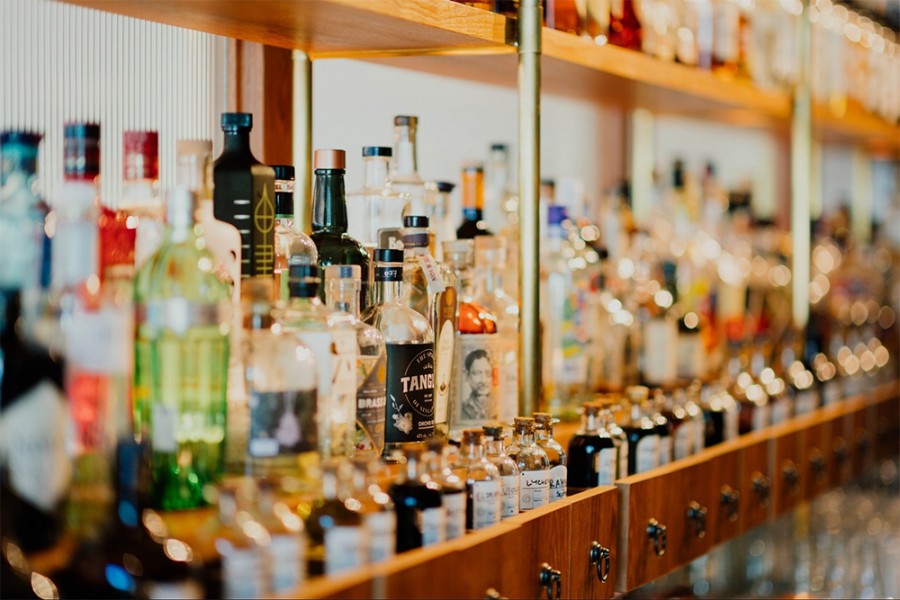
In recent years, sustainability has emerged as a crucial focus across various industries, and the alcohol sector is no exception. As consumers become more environmentally conscious, alcohol manufacturers are taking significant steps to reduce their ecological footprint, ensuring that their production processes align with sustainable practices. This trend is not just about corporate responsibility but also about meeting the demands of an increasingly eco-aware market.
Eco-Friendly Sourcing of Ingredients
One of the key aspects of sustainability in the alcohol industry is the ethical and environmentally friendly sourcing of raw materials. Many breweries, wineries, and distilleries are now opting for organic and locally sourced ingredients. Organic farming techniques eliminate the use of synthetic pesticides and fertilizers, which helps reduce soil degradation and water contamination. Additionally, sourcing ingredients locally reduces transportation emissions and supports local economies.
Water and Energy Conservation
Alcohol production requires significant amounts of water, especially in brewing and distillation. Sustainable brands are implementing water recycling systems and reducing overall water consumption. For example, many breweries have adopted closed-loop water systems to minimize waste. Similarly, energy-intensive processes, such as distillation, are being optimized through the use of renewable energy sources like solar, wind, and biomass. Some companies are even harnessing biogas from fermentation waste to power their facilities.
Sustainable Packaging Solutions
Packaging is another area where the alcohol industry is making strides toward sustainability. Glass bottles, though recyclable, require high energy inputs for production and transportation. Many companies are now using lightweight bottles, recycled glass, biodegradable labels, and sustainable alternatives like aluminum cans or even paper-based bottles. Additionally, there is a shift towards refillable and reusable packaging systems to further reduce waste.
Waste Reduction and Circular Economy
The concept of a circular economy is gaining traction in the alcohol industry, where waste materials are repurposed rather than discarded. Spent grains from brewing, for instance, are being used as animal feed, in composting, or even as ingredients in food products. Some distilleries are converting waste into biofuel, contributing to a more sustainable energy cycle. By embracing these practices, the industry is significantly cutting down on waste and contributing to environmental conservation.
Eco-Friendly Distilleries and Breweries
Many alcohol brands are investing in green distilleries and breweries designed with sustainability at their core. These facilities incorporate renewable energy, efficient water management systems, and sustainable building materials. Some even strive for carbon neutrality by offsetting their emissions through reforestation projects or carbon credit programs. Leading brands like Diageo, Carlsberg, and Heineken have pledged ambitious sustainability goals, setting a precedent for the rest of the industry.
Consumer Awareness and Corporate Responsibility
Consumer awareness and demand for sustainable products are driving the industry’s transformation. Many consumers are willing to pay a premium for eco-friendly alcohol brands that prioritize sustainability. Companies are responding by increasing transparency about their sourcing, production methods, and environmental impact. Certifications such as Fair Trade, Organic, and B Corp are becoming more prevalent, helping consumers make informed choices.
Conclusion
Sustainability in the alcohol industry is not just a passing trend but a necessary shift towards responsible production and consumption. As more companies adopt eco-friendly practices, the industry is taking significant steps toward reducing its environmental footprint. Whether through sustainable sourcing, energy-efficient production, waste reduction, or greener packaging, the alcohol sector is proving that profitability and sustainability can go hand in hand. With growing consumer awareness and continued innovation, the future of the alcohol industry looks greener than ever.


